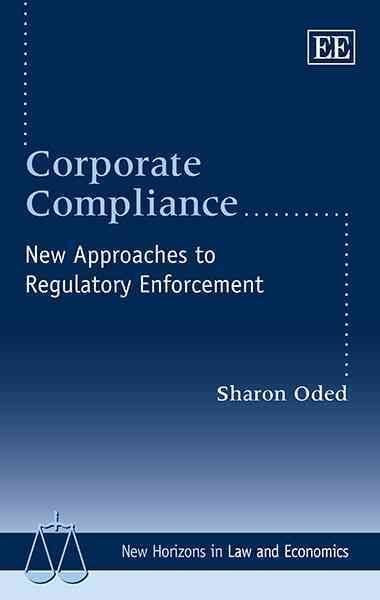This book considers how a regulatory enforcement policy should be designed to efficiently induce proactive corporate compliance. It first explores two major schools of thought regarding law enforcement, both the deterrence and cooperative approaches, and shows that neither of these represents an optimal regulatory enforcement paradigm from a social welfare perspective. It provides a critical analysis of recent developments in US Federal corporate liability regimes, and proposes a generic framework that better tailors sanction schemes and monitoring systems to regulatee performance. The proposed framework efficiently induces corporate proactive compliance, while maintaining an optimal level of deterrence. This insightful book will appeal to academics in law and economics, behavioral economics, criminology, and business, as well as to practitioners and policymakers. Contents: Prologue: The President Coolidge 1. Introduction Part I: Major Schools of Thought Regarding Law Enforcement 2. Deterrence-based Regulatory Enforcement 3. Cooperative Enforcement 4. The Reconciliation of Deterrence-based and Cooperative Enforcement Part II: Corporate Liability and the Incentive Apparatus for Corporate Proactive Compliance 5. Corporate Liability and Compliance Management Systems 6. Corporate Liability Regimes: A Law and Economics Analysis Part III: Corporate Monitors: Can ‘Swords’ Turn Into ‘Shields’? 7. Corporate Monitors: The Emerging Framework of Deferred Prosecution Agreements 8. Corporate Monitors: Facilitating an Efficient Targeted Monitoring System 9. Concluding Remarks Bibliography Index












